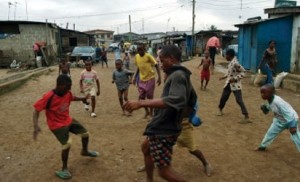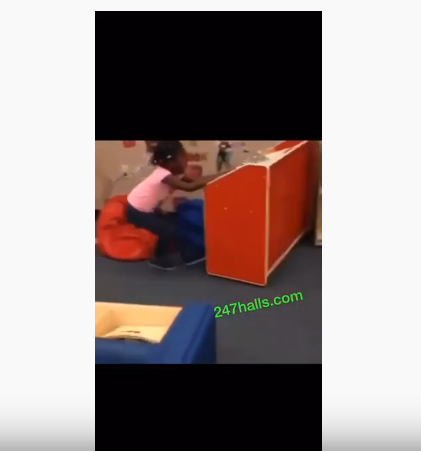
While nine million Almajiri (Itinerant Qu’ranic School Pupils) of Nigerian out-of-school children are presently receiving attention of the Federal Government, the Universal Basic Education Commission, UBEC, has reiterated its commitment to implement boy-child out-of school education in the South-East and South-South states of Nigeria
speaking at the ninth quarterly meeting of UBEC management with executive chairmen of SUBEBs held in Minna, Niger State, its acting executive secretary, Professor Charles Onocha said; “Following the inauguration of the National Implementation Committee on the Integration of Out-of-School children from the South-East and South-South states into the Basic Education programme, the committee has commenced its activities and has undertaken development of operational framework and action plan for implementing the intervention.”
He said the purpose of the meeting of the major stakeholders was to review their activities and collectively agree on the way forward in improving Basic Education delivery in the country.
File photo: kids playing on a street during school hour...
File photo: kids playing on a street during school hour…
Onocha who lamented that the Nigerian out-of-school children pose tremendous challenges to the attainment of Education for All (EFA) and Millennium Development Goals (MDGs) said, UBEC has set up relevant sub-committees including Advocacy and Education sub-committees with emphasis on stakeholder mobilization and curriculum development.
He added that they will also participate in a ministerial visit and partnership drive to prospective foreign technical partners.
According to him, the commission has concluded the Needs Assessment Survey in the South-East and South-South zones, saying that the assessment involved advocacy visits to government functionaries critical to the success of the programme.
Moreover, he disclosed that there were consultations with stakeholders to elicit reasons for the out-of-school boy-child syndrome and what these out-of-school children are currently engaged in.
Other areas of intervention as disclosed by the UBEC boss were the establishment of the core vocational activities that are relevant to the out-of-school boys, which would form the core of the subject offerings in the vocational schools to be established in the two geo-political zones.
Meanwhile, Professor Onocha disclosed that nine million Almajirai have been integrated into the UBE programme as initiated by the Federal Government.
He said there are stakeholders’ meetings with the 25 states that are benefiting from the on-going Almajiri Schools Project adding that the SUBEBs had been directed to commence the process of recruitment of teachers and enrolment of pupils into the schools.
According to him, arrangements have been completed to pay advocacy visits to six states by members of the National Implementation Committee to interact with the state governors.
His words; “In the implementation of the Almajiri Education Programme, states are expected, among others, to: Adopt and replicate the programme, including the construction of Almajiri model schools, recruit and deploy teachers to those schools, integrate alarammas/mallams/proprietors into the programme, adopt appropriate mechanisms for the enrolment of Almajiri into these schools which include; provision of school uniforms for the enrolled pupils and feeding as a retention strategy, maintain the infrastructural facilities and ensure the sustainability of the school.
On girl-child education, Onocha pointed out that the initiative is a strategy to address the socio-cultural sensitivities usually expressed by communities on the up-bringing of the girl- child.
He noted that the commission has constructed 13 model girls’ schools in 13 affected states stressing that the Technical Committee has been set up to advise the commission on the programme and activities of the schools.
Onocha who noted that the completed schools will be handed over to the host states to manage, disclosed that arrangement has been concluded with a time line and activities for the hand-over of the schools to the respective SUBEBs.
The Commission has commenced arrangements for the enlistment of teachers into both the primary and junior secondary school components of the Federal Teachers’ Scheme. It is anticipated that the successful teachers would commence service at the beginning of the 2013/2014 academic session.




